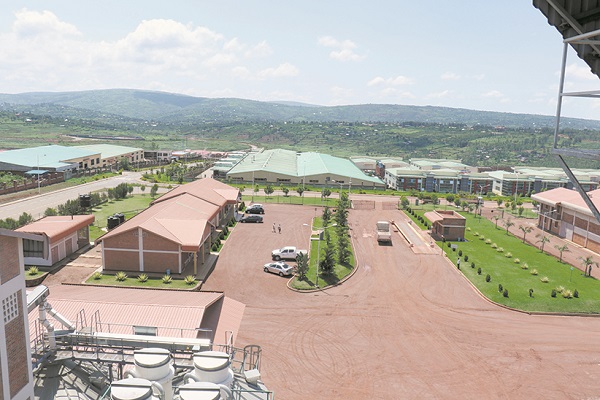The wait is over as Volkswagen (VW) officially kicks off its much-awaited operations in Rwanda.
The official launch will take place today, Wednesday, at the Kigali Special Economic Zone where its first assembly base will be located.
Several top government and business leaders are expected to attend the event.
Among the unique offerings of the VW Rwandan operations, is the integrated mobility solution that the Germany car manufacturing firm will be offering to the Rwandan market.
Volkswagen’s mobility solution will be the first initiative for Rwanda automotive industry.
The Solution will incorporate a retail outlet including sales and service, an onsite assembly facility, a training center and a full suite of mobility services which will be available via a locally designed app.
Officials had announced earlier that Volkswagen Group South Africa is expected to make an initial investment of US$20 million in its Rwanda operations. The Rwandan plant will have the capacity to assemble up to 5,000 cars per year.
This investment is expected to create up to 1,000 jobs.
This year, Volkswagen, announced that it will be producing three models; the Hatchback Polo, the Passat and possibly the Teramont, a large sports utility vehicle.
Michaella Rugwizangoga was appointed in March Chief Executive of the company’s operations in Rwanda. She is Rwandan with an engineering background.
For a country which heavily relies on used cars, there is hope that the carmaker’s decision to assemble new cars in Rwanda will shift the trend.
Volkswagen impact on Rwandan car market
Statistics from the Rwanda Revenue Authority, as of 2017, indicate that between 7000 and 9000 cars are imported annually. Most of the cars are, however, used cars and do not have provisions, such as dealership servicing and guarantee.
Volkswagen looks to tap into the opportunity through the production of new cars and making provisions such as guarantees and servicing. The firm hopes that the locally made cars will serve to gradually phase out used imports.
The cars will also be made cheaper through the sale of cars that have been used under the mobility solution for about two years.

